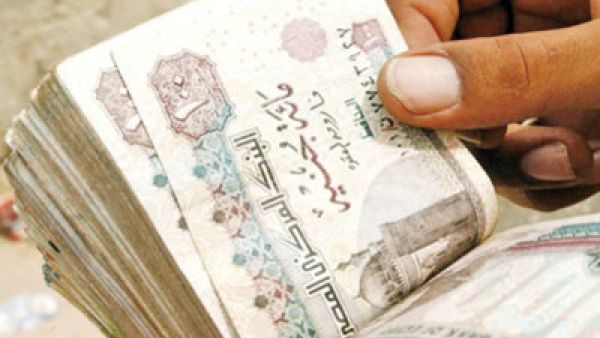The International Monetary Fund, or IMF, urged GCC regulators to continue to ensure that banks maintain higher capital than required by minimum international standards.
The Washington-based fund said in its “Staff Discussion Note” that the region’s high macroeconomic volatility called for sizeable capital buffers in the GCC banking systems.
The high volatility is due to the GCC’s dependence on hydrocarbon revenues and a history of pro-cyclicality in some countries, together with its lack of economic diversification, non-transparencies in its financial and non-financial sectors, and high credit concentrations, the discussion note said.
“Most GCC banks are currently highly capitalised, and over the past few years they have aimed at capital levels between 15 and 20 per cent, well above the existing minimum regulatory requirements that range from eight per cent [Saudi Arabia] to 12 per cent [the UAE, Bahrain, Kuwait], said the note authored by an IMF team comprising Ananthakrishnan Prasad, Zsofia Arvai and Kentaro Katayama. The IMF pointed out that the additional capital in the GCC compensated for the special characteristics of its member countries, as well as concerns about asset quality in the aftermath of the crisis in some countries.
“Since well-run banks in advanced countries are expected to operate at higher capital levels than before the crisis, the GCC banks may need to consider increasing the capital buffer expected of them to compensate for the above risks. One mitigating factor is the high share of Tier 1 capital, as compared to the share in the banking systems of advanced and emerging economies,” the IMF said.
However, GCC banks could somewhat reduce the need for the extra capital through improved corporate governance and disclosure, as well as by requiring that their large borrowers receive credit ratings, the fund said.
The IMF team noted that GCC regulators are expected to follow the new Basel III liquidity requirements, but there may be challenges in agreeing on definitions of liquid assets and in developing market liquidity.
“The Basel III criteria for high-quality liquid assets are ill-suited to the GCC, where domestic debt markets are underdeveloped. Moreover, the net stable funding requirement means that banks need to match the maturity of their funding more closely with the maturity of their assets.”
The fund cautioned that in the GCC context, this could mean more retail deposits, issuing long-term liabilities, or cutting back on long-duration assets. “This creates a tension, given the absence of domestic term funding markets and the demand for longer-term lending for mortgages, infrastructure, and SME investment.”
The IMF also observed that the Basel III liquidity requirements should give an impetus too. However, developing liquid debt markets in fiscal surplus countries is challenging, it pointed out.
By Issac John








